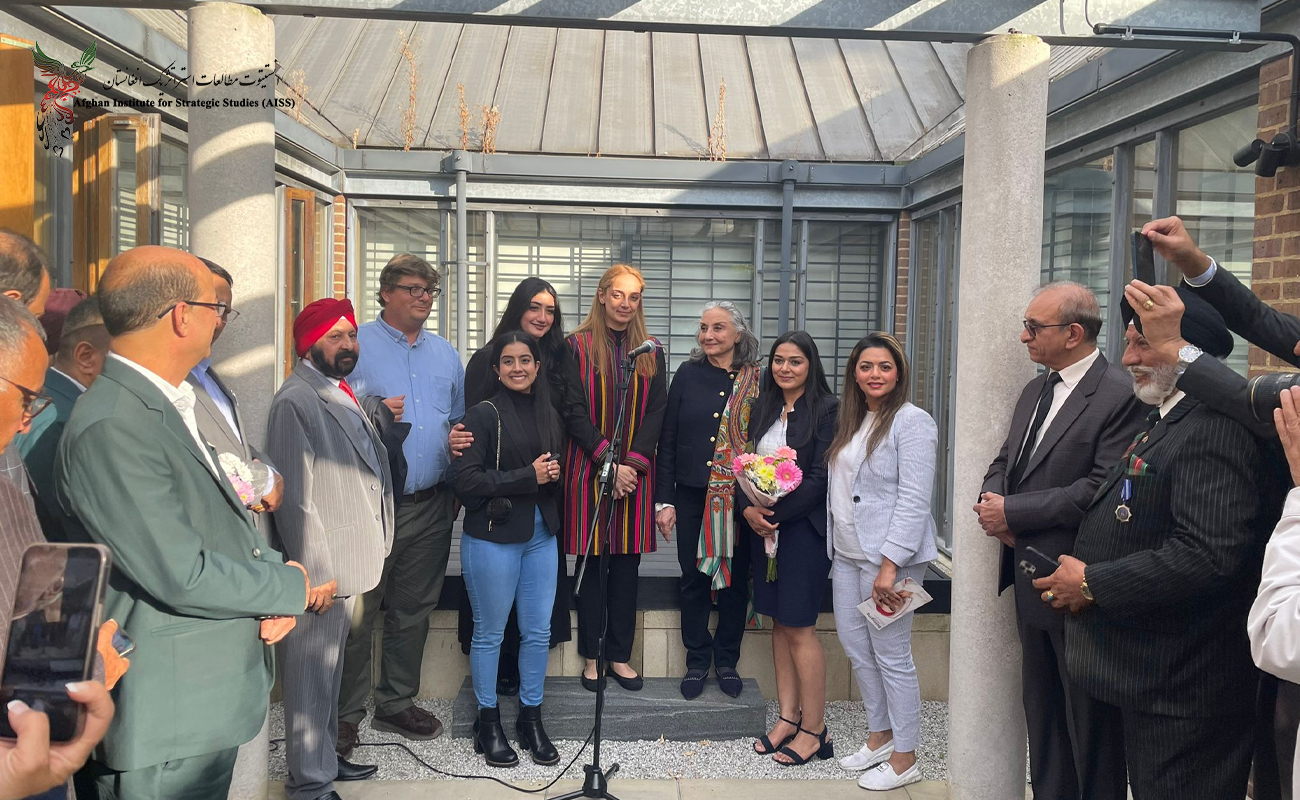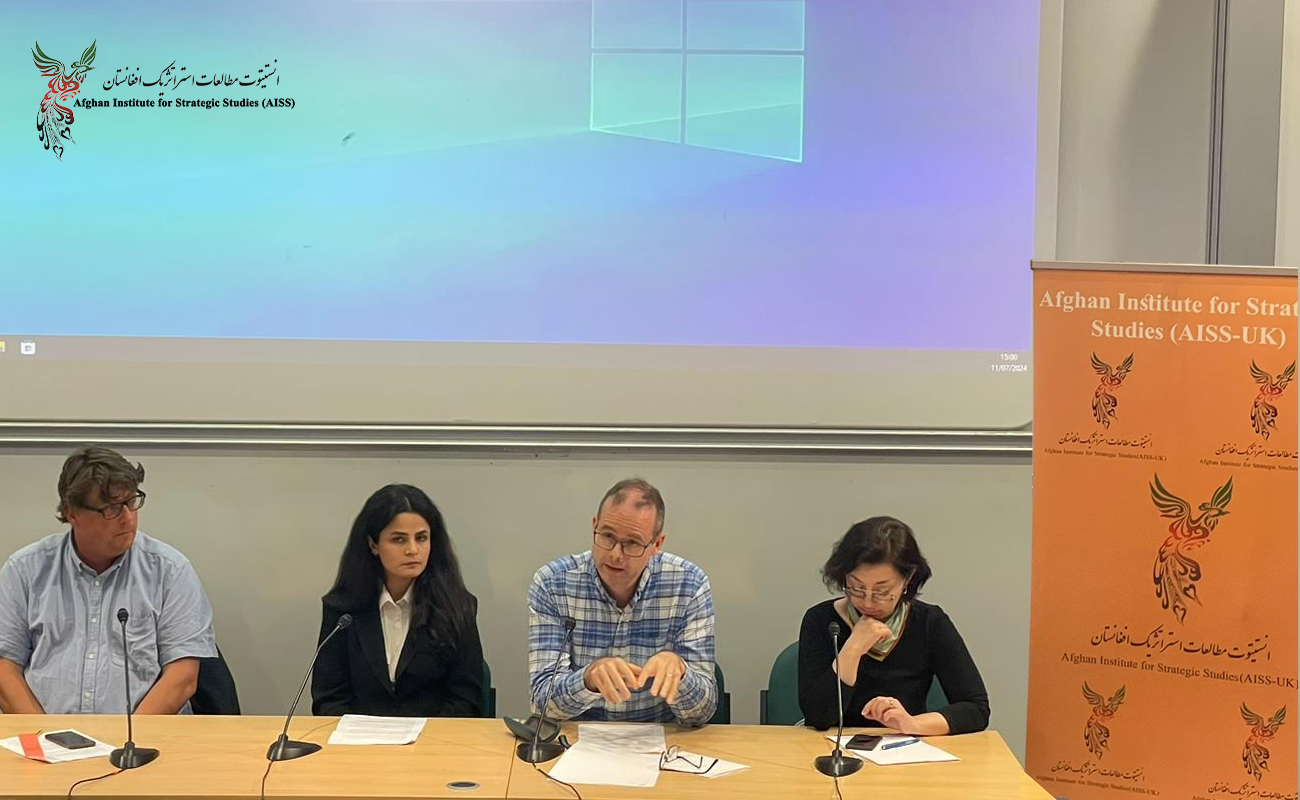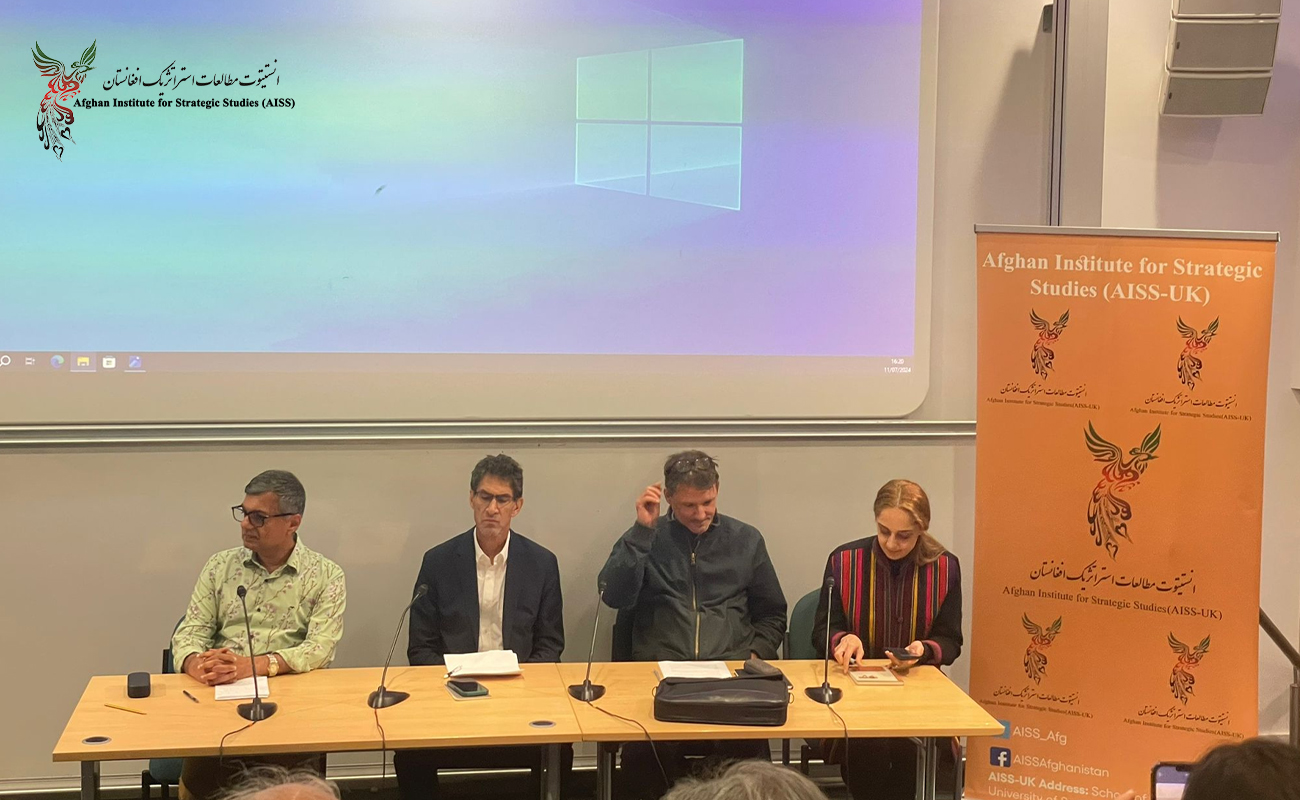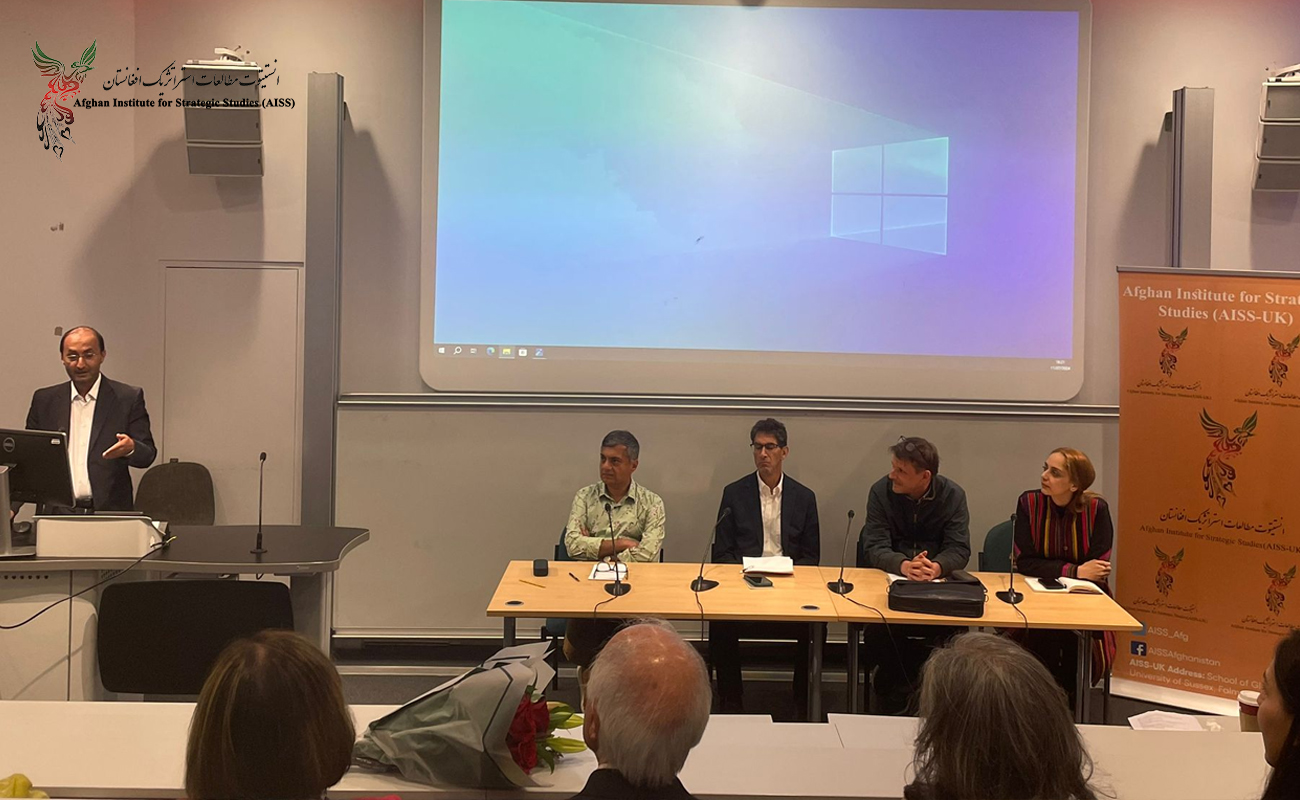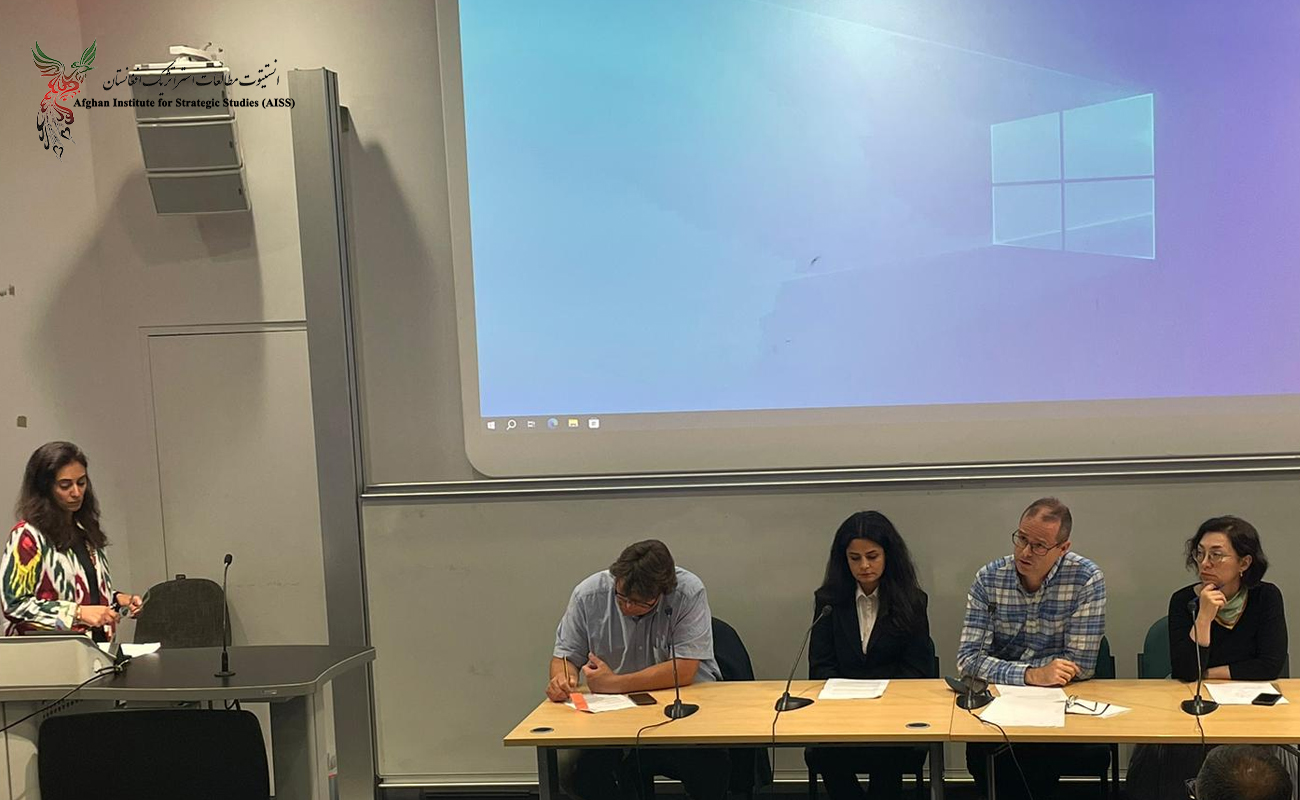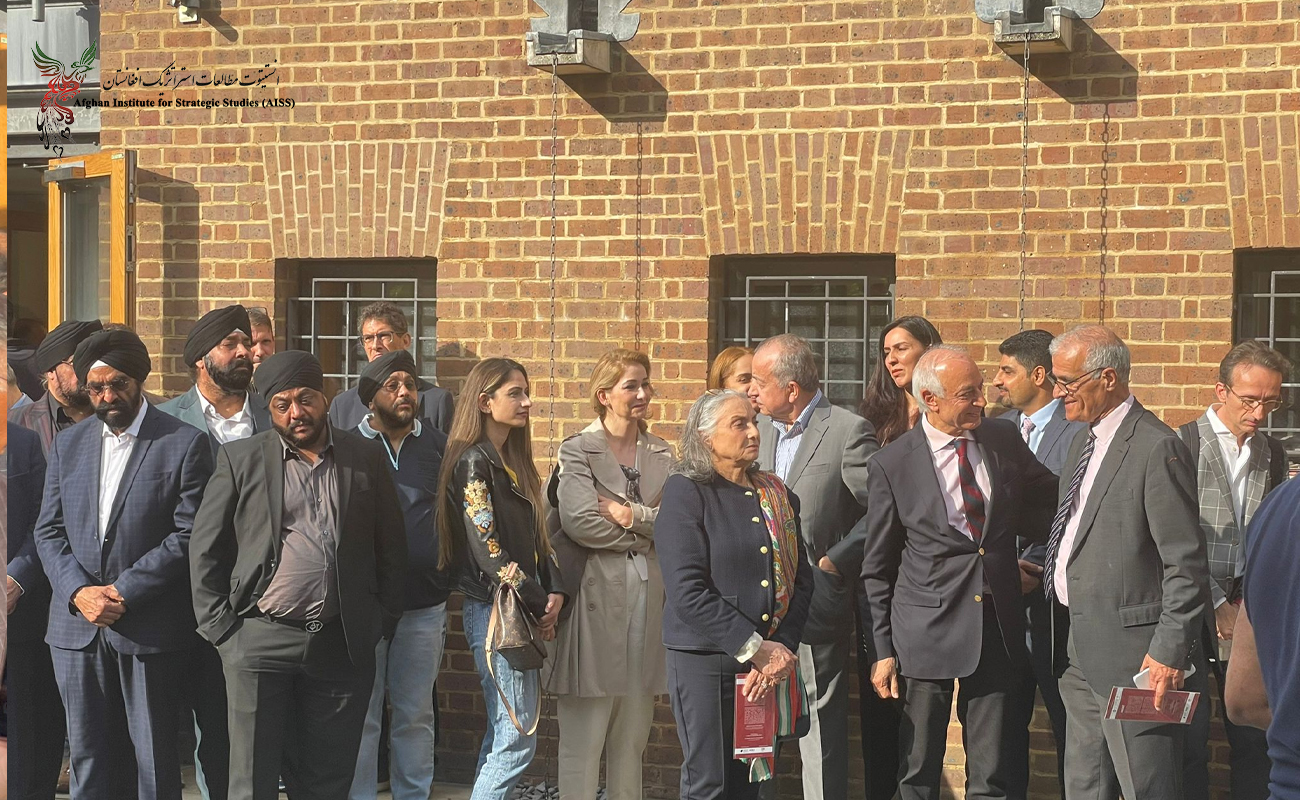Roundtable "Belonging Flexibly: Non-Muslim Migrants from Muslim Asia"
On July 11, 2024, SOAS University of London, in collaboration with the AISS, hosted the seminal academic event "Belonging Flexibly: Non-Muslim Migrants from Muslim Asia." At this roundtable, scholars, researchers, and community representatives discussed the intricate identities and experiences of non-Muslim migrants originating from predominantly Muslim regions in Asia. The event's primary objective was to explore the historical contexts, cultural adaptations, and challenges faced by these migrant communities.
Magnus Marsden, Professor of Anthropology at Sussex, provided illuminating insights into non-Muslim communities' historical and contemporary experiences in Herat and Kabul, Afghanistan. Marsden's presentation shed light on these communities' migration patterns and socio-cultural adaptations in response to various historical and modern factors.
Vera Skvirskaja, an Associate Professor at the Department of Cross-Cultural & Regional Studies in Copenhagen, explored the dynamic identities and cultural adaptations of Armenian Jews. Her discussion emphasized these communities' resilience and strategies for maintaining cultural heritage amidst migration challenges.
Paul Anderson, Associate Professor of Middle Eastern Studies at HRH Prince Alwaleed Bin Talal University, Cambridge, delved into the historical narratives and challenges Aleppo Jews face. Anderson's presentation illustrated the rich cultural legacy of Aleppo Jews and their integration within diverse societies over time.
Sudaba Zahidi presented AISS's research findings from Herat and Kabul, focusing on the lived experiences and challenges of non-Muslim migrants' heritage sites in these cities.
Moska Najib, Principal Photographer, highlighted the efforts of diaspora communities to preserve and promote their cultural practices. Through a photography exhibition, Najib visually narrated the stories and experiences of non-Muslim migrants from Muslim-majority regions, providing a poignant glimpse into their journeys and cultural heritage.
Thomas Loy explored the transformative impact of migration on individual and collective identities among non-Muslim migrant communities. Loy's analysis underscored the adaptive strategies and cultural dynamics that shape migrant identities in new environments.
Faisal Devji discussed the crucial role of diaspora networks in fostering community cohesion and support mechanisms. Devji's insights emphasized how these networks facilitate cultural continuity across borders, providing essential lifelines for migrants navigating new cultural landscapes.
The event concluded with a launch and reception at the Brunei Gallery, where Moska Najib, community representatives, and participants shared reflections on the day's discussions. The reception provided a platform for informal networking and further dialogue among attendees.
Exhibition: "Belonging Flexibly: Non-Muslim Migrants from Muslim Asia"
Curated by Moska Najib, the exhibition encapsulated the poignant journeys, resilience, and cultural heritage of non-Muslim migrants from historically Muslim-majority cities in Asia. Through evocative photographs and accompanying narratives, the exhibition aimed to deepen understanding and empathy for these migrant communities. The exhibition's visual narratives vividly captured the diverse experiences and challenges faced by non-Muslim migrants. Each photograph was accompanied by insightful captions that enriched the viewer's understanding of the subjects' personal journeys and cultural context.
In conclusion, "Belonging Flexibly" substantially contributed to the academic discourse on migration studies. It highlighted the need to respect and preserve cultural heritage across borders while supporting the integration and resilience of migrant communities globally.

